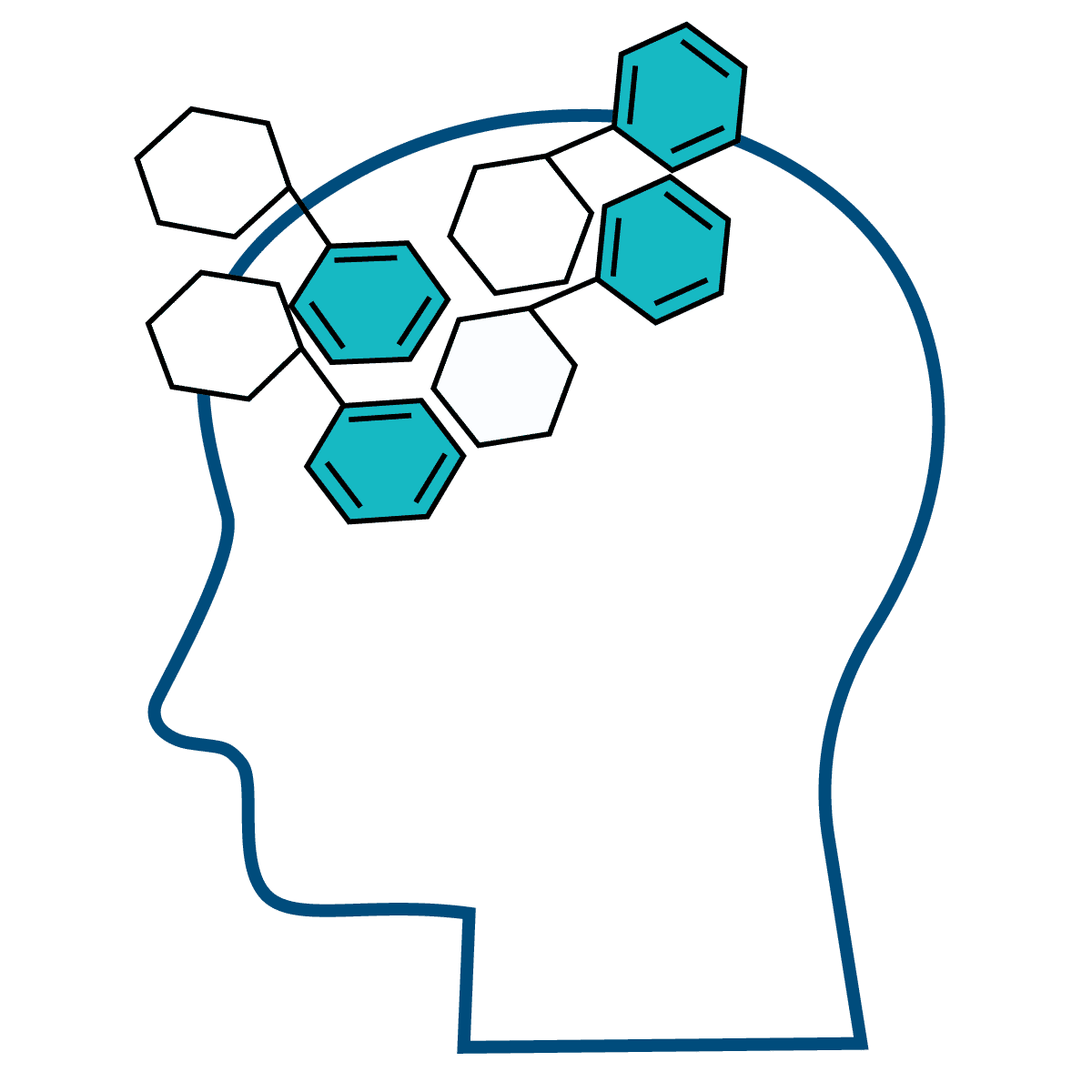4 Types of PTSD

Post-traumatic stress disorder (PTSD) is a mental health condition that develops in patients who have experienced and/or witnessed traumatic events.
Symptoms of PTSD can last for months or years after traumatic events have occurred. Many symptoms are severe enough to impact a patient’s day-to-day life, relationships, and sense of self.
There are four types of post-traumatic stress disorders. Each type of PTSD has historically been treated with psychotherapy and/or medication. Recent studies have confirmed that ketamine therapy is also a viable option to offer rapid and long-term relief in symptoms.
Ketamine Wellness Infusions PA offers ketamine treatment for patients suffering from PTSD in the Philadelphia area. If you or a loved one are experiencing symptoms of PTSD, reach out to our team to see if ketamine therapy is right for you.
Uncomplicated PTSD
Uncomplicated PTSD is a form of post-traumatic stress disorder that is linked to one traumatic event. This form of PTSD is the easiest to treat and does not coexist with other major depressive disorders or anxiety, unlike other PTSD types. Common symptoms of Uncomplicated PTSD are:
- Re-experiencing trauma
- Flashbacks
- Avoidance
- Changes in relationships
- Irritability
- Nightmares
Dissociative PTSD
Dissociative PTSD involves patients dissociating with their environment and self. Dissociation is a response that removes patients’ thoughts and feelings of traumatic events. Patients who are diagnosed with dissociative PTSD experience depersonalization, emotional detachment, and/or derealization.
When patients depersonalize what triggers their trauma, they undergo an “out of body” experience that allows them to create the perception of watching the experience happen vs. living through it.
During derealization, patients will create a perception that the traumatic event they’re revisiting isn’t happening to them. During this state, patients will also experience a decrease in emotional intensity to the event and its triggers.
Common symptoms of dissociative PTSD are a blurred or distorted sense of reality, memory loss, an altered sense of time and place, and/or frequent flashbacks of traumatic events.
Complex PTSD
Unlike uncomplicated PTSD, complex PTSD happens when a patient is exposed to repeated or multiple traumatic events, neglect, and/or abuse over a short period of time.
Complex PTSD takes longer to treat than any other form of post-traumatic stress disorder. This form of PTSD is most commonly seen in patients who have been exposed to domestic violence, sudden loss, or repeated exposure to community and war violence.
Symptoms of complex PTSD are fatigue, chronic pain, relationship difficulties, dissociation, feelings of guilt, and/or worthlessness.
Complex post-traumatic stress disorder can develop at any time. It is more severe in patients that are exposed to trauma earlier in life, if the trauma was experienced for a prolonged period of time, or if the trauma was caused by a parent or caregiver.
Co-morbid PTSD
Patients diagnosed with post-traumatic stress disorder and other co-occurring mental health conditions are more likely to develop co-morbid PTSD. Other mental health conditions that are common in patients with co-morbid PTSD are substance abuse, other major depressive disorders, and/or anxiety.
Treatment Options
Traditional treatments like cognitive behavioral therapy and medication have been proven to help alleviate symptoms of post-traumatic stress disorders; however, they do not offer the rapid or long-term relief ketamine therapy can.
Ketamine therapy has been proven to alleviate symptoms of PTSD and other mental health conditions by balancing the brain chemical, glutamate, which is directly involved with psychological symptoms.
Patients may experience positive effects from ketamine treatment within 24 hours of their initial infusion. Effects from treatment can vary between 1-6 months.
Fight Post-Traumatic Stress Disorder by Scheduling Your Consultation
The professionals at Ketamine Wellness Infusions PA are here to help patients in Philadelphia and surrounding areas battle symptoms of PTSD through ketamine therapy. Schedule a consultation today. We’re looking forward to helping you achieve better days ahead.
